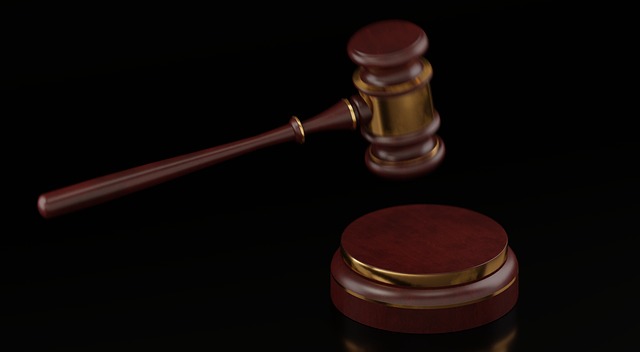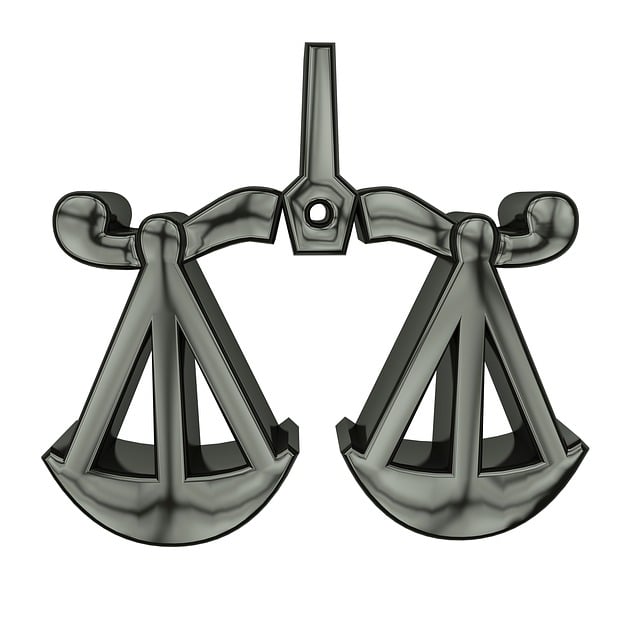Whistleblower Protection Laws safeguard individuals exposing illegal or unethical activities in organizations from retaliation, fostering accountability. These protections enable employees to consider legal action for unfair workplace practices by offering safe channels for reporting without fear of adverse consequences. Legal battles involve complex laws and evidence, with outcomes varying from case dismissal to favorable verdicts. Whistleblowers aim for justice and setting precedents discouraging future misconduct. A strategic approach is crucial when pursuing legal action for unfair workplace practices.
“Whistleblower protection lawsuits shine a light on unfair workplace practices, empowering individuals to stand against retaliation. This comprehensive guide explores your legal rights and offers strategic insights for navigating complex whistleblower protection laws. Understanding when workplace retaliation occurs is crucial, as it forms the basis for taking legal action against abusive practices.
We’ll delve into the processes of protection lawsuits, ensuring you’re equipped with knowledge to effectively assert your rights and make a positive impact.”
- Understanding Whistleblower Protection Laws
- When Does Workplace Retaliation Occur?
- Legal Rights of Whistleblowers
- Navigating Protection Lawsuit Processes
- Strategies for Effective Legal Action
Understanding Whistleblower Protection Laws
Whistleblower Protection Laws are designed to safeguard individuals who expose illegal or unethical activities within their organizations from retaliation. These laws recognize the vital role that whistleblowers play in holding businesses and government entities accountable for misconduct, ranging from financial fraud to public health hazards. Understanding these protections is crucial for employees considering taking legal action for unfair workplace practices, as they can provide a safe avenue for reporting wrongdoings without fear of adverse consequences.
Across the country, various whistleblower protection statutes have been enacted, each with its own specific provisions and requirements. These laws often mandate that employers cannot intimidate, harass, or discharge employees who raise concerns about suspected violations of law, regulation, or corporate policy. In cases where whistleblowers face retaliation, they may pursue legal action through civil lawsuits, which can lead to compensatory damages and even jury trials in certain circumstances. White-collar defense attorneys play a significant role in navigating these complex legal landscapes, ensuring that both employers and employees understand their rights and responsibilities under the relevant whistleblower protection laws.
When Does Workplace Retaliation Occur?
Workplace retaliation is a serious issue that occurs when an employee faces adverse actions or discrimination after reporting suspected illegal or unethical conduct within their organization. This can manifest in various forms, such as termination, demotion, harassment, or any other unfavorably treatment aimed at silencing the whistleblower. The key to understanding retaliation lies in recognizing when an employee’s protected activity aligns with a subsequent negative employment decision.
Protected activities include reporting suspected fraud, corruption, safety hazards, or any violation of law to relevant authorities or internal departments. If an employee is then subjected to legal action for unfair workplace practices, such as a lawsuit, disciplinary action, or loss of job benefits, it could indicate a case of retaliation. Navigating the intricate details and gathering robust evidence are crucial steps in winning challenging defense verdicts, ensuring that individuals who bring these issues forward are protected and that organizations avoid indictment during all stages of the investigative and enforcement process.
Legal Rights of Whistleblowers
Whistleblowers play a crucial role in exposing illegal or unethical activities within organizations, thereby promoting accountability and justice. In many jurisdictions, they are afforded strong legal protections to encourage them to come forward. These rights ensure that whistleblowers can take legal action for unfair workplace practices without fear of retaliation. Such protections include the right to remain anonymous, protection from dismissal, and access to legal aid.
When facing potential backlash for their disclosures, whistleblowers have options. They can pursue legal action against employers who engage in retaliatory measures, aiming for winning challenging defense verdicts. This process involves a thorough examination of the facts and evidence, ultimately contributing to an unprecedented track record of successful whistleblower protection lawsuits, serving as a deterrent for future misconduct. Moreover, these cases often attract public attention, further underscoring the importance of ethical conduct in the corporate and individual sectors alike.
Navigating Protection Lawsuit Processes
Navigating Protection Lawsuit Processes involves understanding a complex legal framework designed to safeguard individuals who expose unethical or illegal activities within their organizations. When employees take on the role of whistleblowers, they often face significant personal and professional risks. The first step in this process is recognizing the potential for legal action for unfair workplace practices. Engaging experienced legal counsel is crucial; they can guide through the intricacies of whistleblower protection laws, ensuring that rights are preserved.
Throughout the lawsuit, it’s important to remember that outcomes can vary widely. From a complete dismissal of all charges to securing winning challenging defense verdicts, each case is unique. The goal for whistleblowers is not only to achieve justice but also to set a precedent that discourages future misconduct and protects fellow employees from similar situations. This journey demands resilience, as navigating these legal actions can be arduous, but it plays a vital role in upholding ethical standards within the workplace.
Strategies for Effective Legal Action
When pursuing legal action for unfair workplace practices, whistleblowers and their legal teams must employ strategic tactics to ensure success. A well-crafted complaint is paramount, detailing specific instances of misconduct with relevant facts and evidence. This initial step sets the foundation for the case, guiding subsequent legal strategies.
Additionally, building a robust white collar defense requires thorough research into applicable laws and regulations, as well as previous cases involving similar practices. The goal is to demonstrate that the whistleblower’s claims are valid and that the employer’s actions were unjustified, aiming for a complete dismissal of all charges. Across the country, various jurisdictions have enacted protections for whistleblowers, offering valuable precedents for these legal battles.
Whistleblower protection lawsuits are a powerful tool for holding organizations accountable for unfair workplace practices. By understanding your legal rights and navigating the protection lawsuit processes outlined in this article, you can take effective legal action against retaliation and ensure your voice is heard. Remember, speaking up is crucial in fostering transparency and accountability within any organization. Don’t hesitate to delve into your legal options if you’ve faced retaliation for reporting unethical behavior.






